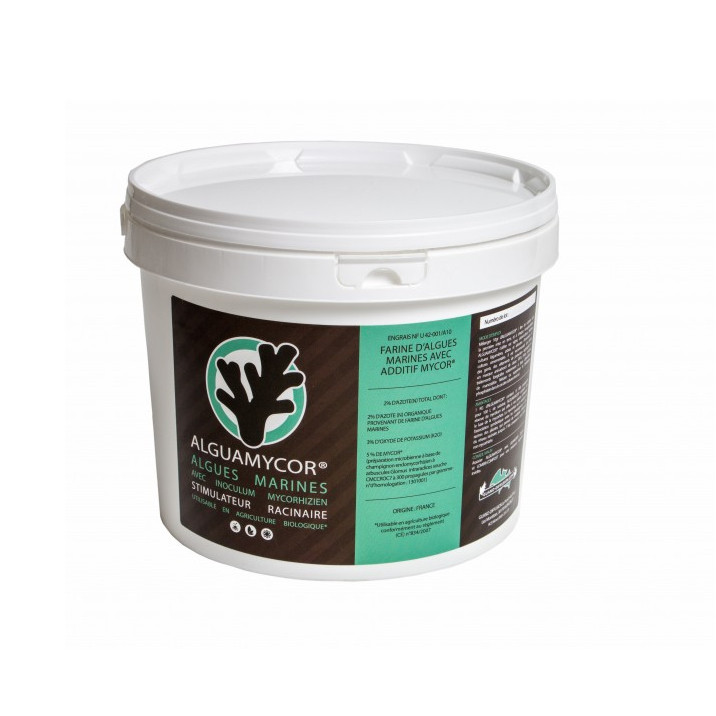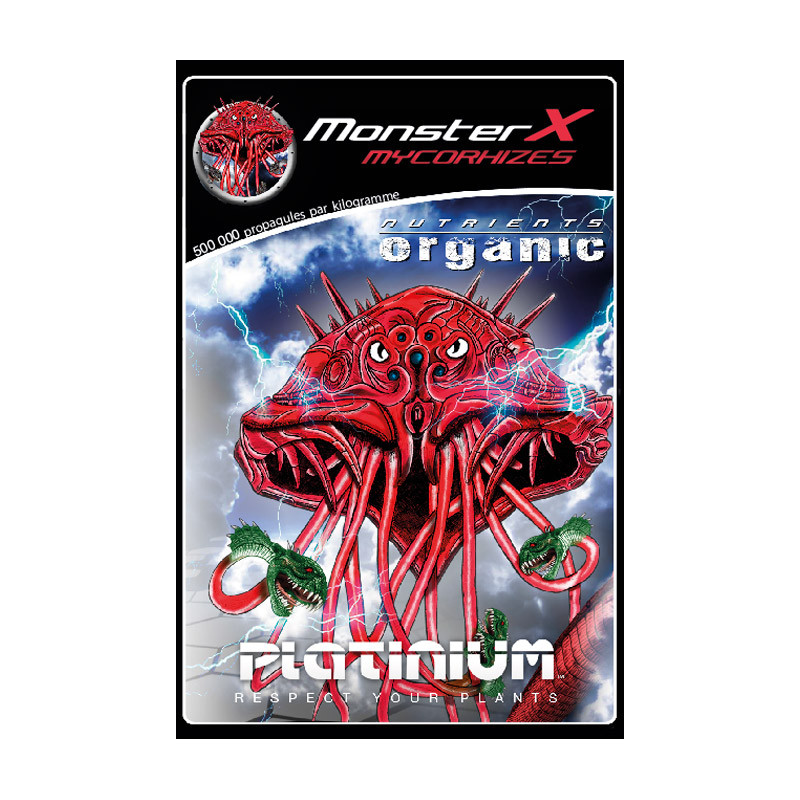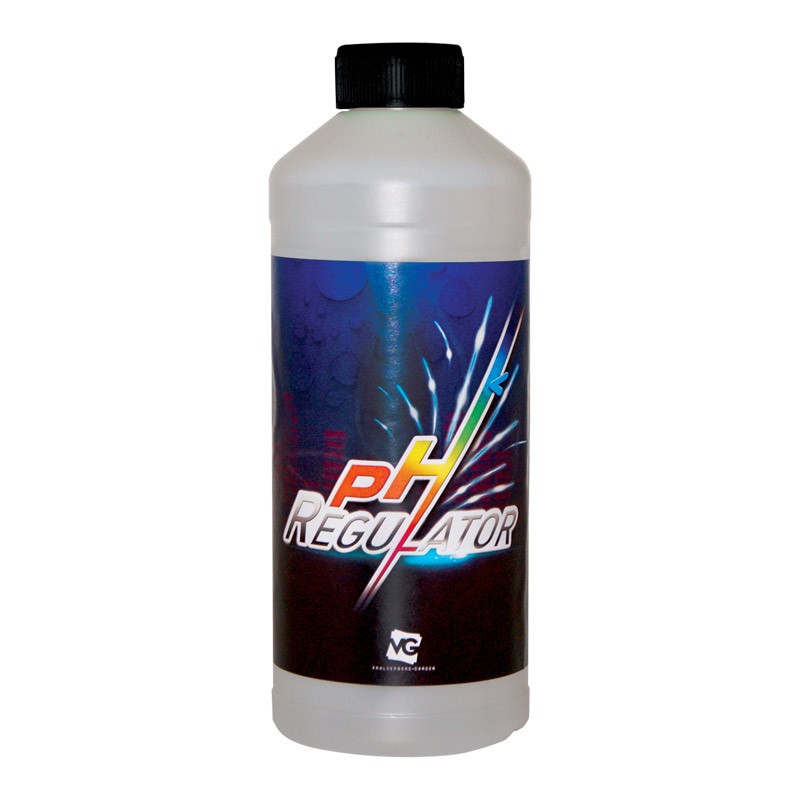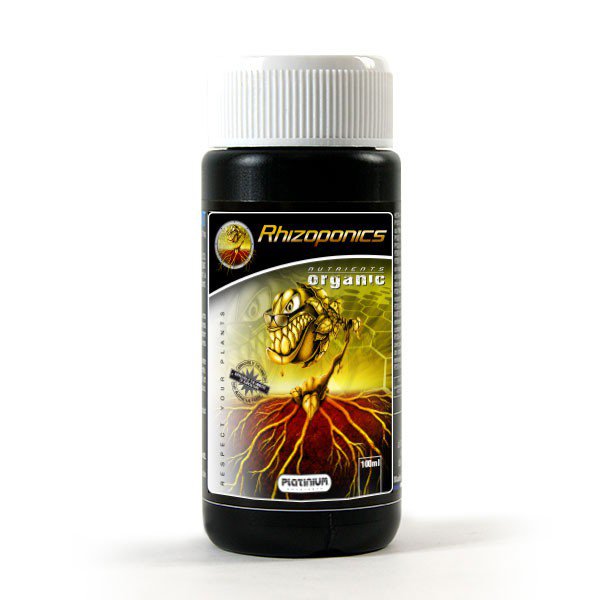Find out how to effectively prevent and resolve boron deficiency in your indoor grow with our detailed guide. Get practical advice on maintaining optimal boron levels, identifying signs of deficiency, and ensuring healthy plant growth, whether you're a novice or experienced grower. Grow with confidence and optimize your yields at Growshops.co.uk.
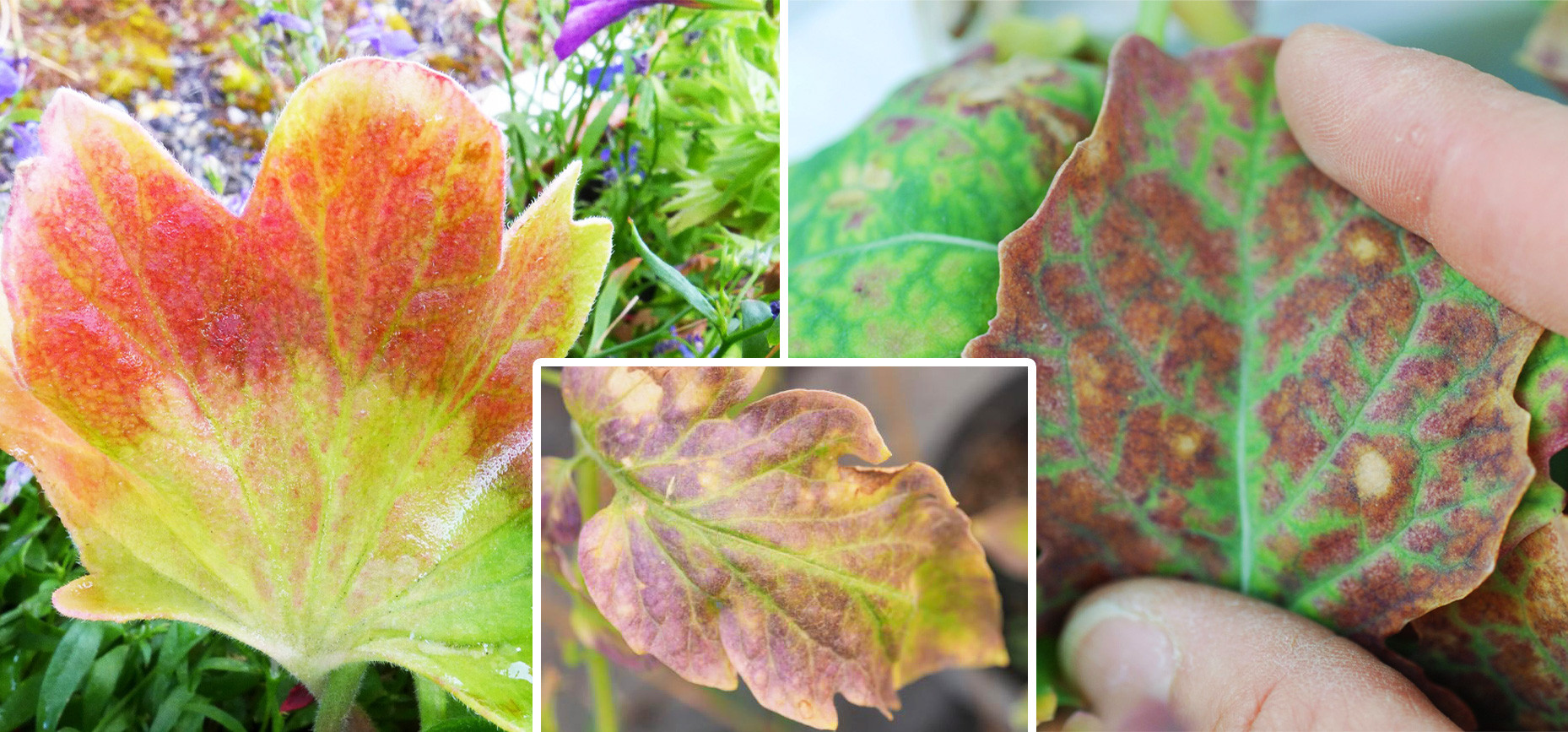
Understanding the Importance of Boron
Boron is an essential micronutrient for your indoor plants. This nutrient plays a crucial role in several physiological processes. It contributes to the formation of cell walls, ensuring the strength and structure of plant cells. Boron also regulates growth hormones, directly influencing the development and maturation of plants. Additionally, it is involved in the metabolism of sugars, a vital process for plant energy and growth. A boron deficiency can lead to growth and development problems, such as leaf deformities, poor flowering, and reduced overall yield.
Regular Monitoring and Testing
Regular observation is crucial to detect a boron deficiency. Examine your plants' leaves closely to spot the early signs of deficiency. Common signs include brown or black spots on the leaves, deformed leaf edges, and dying apical shoots. Vigilance is essential, as early detection allows for prompt intervention. Also, test the nutrient solution you use. Quality test kits available on the market can help you monitor boron levels. Ensure that the boron level is maintained within the recommended range for indoor cultivation, often between 0.5 and 2.0 ppm (parts per million).
Choosing the Right Fertilizers and Managing pH
To prevent boron deficiencies, choose fertilizers specifically designed for indoor cultivation that include micronutrients, including boron. These fertilizers are formulated to provide an optimal balance of nutrients needed for plant growth. Follow the manufacturer's recommended dosages to avoid excesses or deficiencies. You might also consider using a fertilizer containing chelated boron. Chelates improve the solubility and absorption of boron by plants. Additionally, the pH of the nutrient solution plays a crucial role in nutrient uptake. An incorrect pH can limit boron's availability, even if levels are adequate. Maintain the pH of your nutrient solution within the ideal range of 5.5 to 6.5, depending on your plants' specific needs.
Correctives and Water Quality
If a boron deficiency is detected, apply a boron solution directly to the leaves (foliar application) or into the growing medium. Foliar application can offer a quick correction, as nutrients are absorbed directly by the leaves. Be sure to follow the manufacturer's instructions carefully to avoid any excess that could cause other problems, such as nutrient toxicity. Moreover, the quality of water used in your indoor cultivation is essential. If your water contains impurities or excessive hardness, it can affect nutrient absorption. Consider investing in a water purification system or using distilled water to avoid deficiency problems.
Adjusting Your Strategy
For effective management of boron deficiency, it is important to keep a detailed grow journal. Record all aspects of your cultivation, including changes made in response to boron deficiency or other issues. By recording data such as nutrient levels, pH adjustments, and growth observations, you can regularly analyze your data to identify trends and make gradual adjustments. This allows you to continuously improve your approach and react quickly to problems.
In Summary
Preventing boron deficiency in indoor cultivation relies on careful management of your plants' nutrition, the pH of the nutrient solution, and water quality. By regularly monitoring your plants, testing boron levels, using the right fertilizers, and adjusting pH, you can ensure healthy and productive plant growth. Be sure to test regularly and adjust accordingly to maintain an optimal environment for your plants, thus promoting high yields and superior quality.

